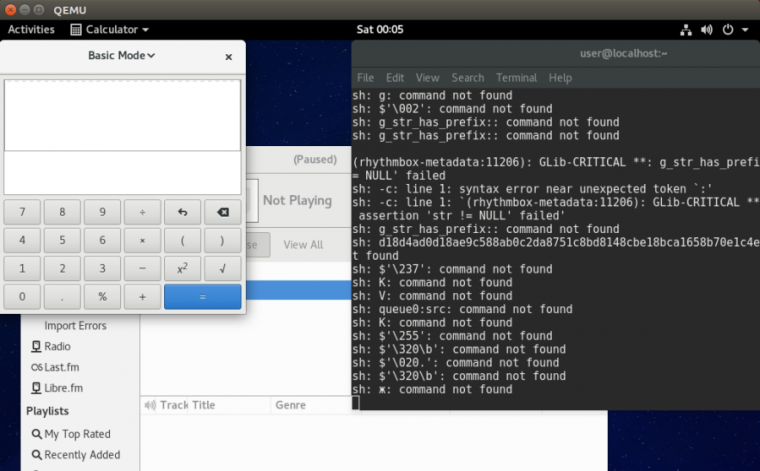Sinji Smart Wifi Camera – Get serious about home security for $60 – Android Authority (blog)
Android Authority (blog) |
Sinji Smart Wifi Camera – Get serious about home security for $ 60
Android Authority (blog) CCTV is dead. Outdated. Archaic low-quality footage which you have to review the next day just to get an idea if you've missed something. The Sinji Panoramic Smart WiFi Camera is the game-changer to step things up to 21st century. The camera (or … |
